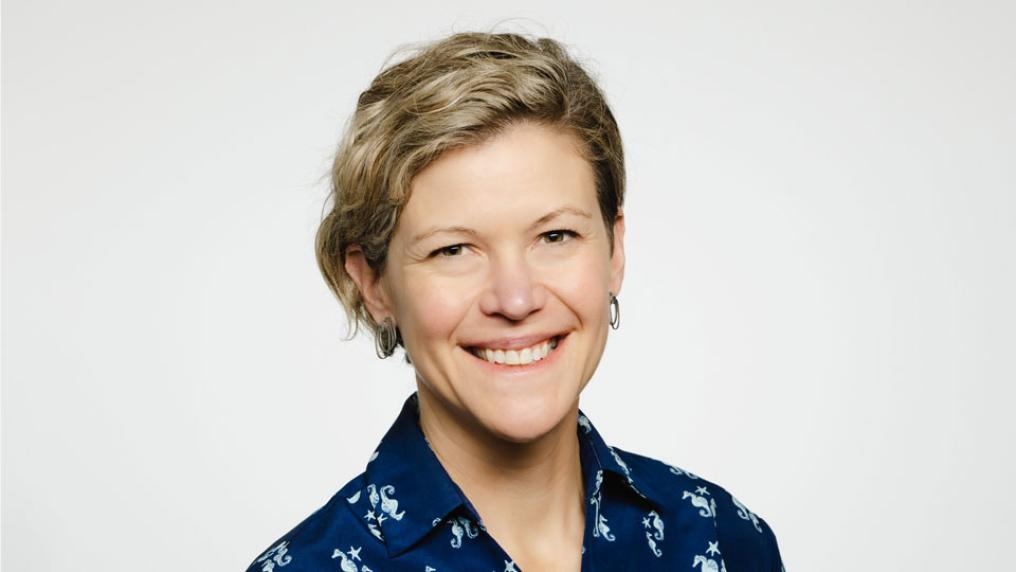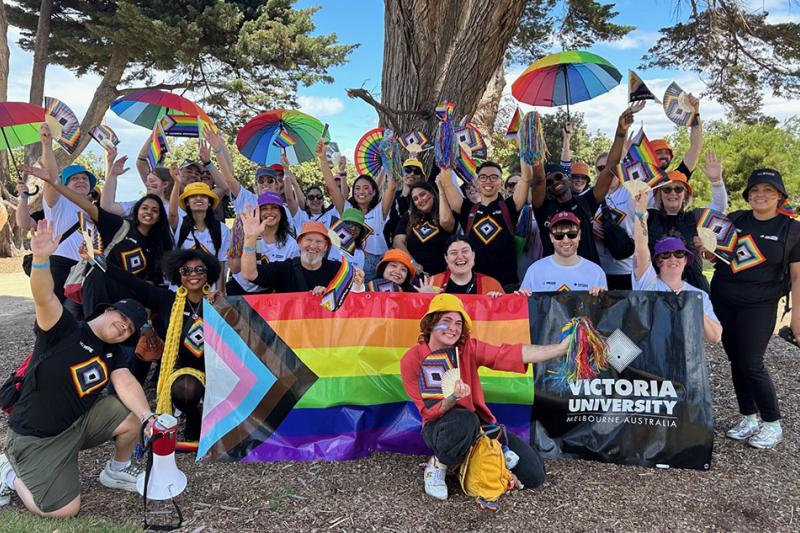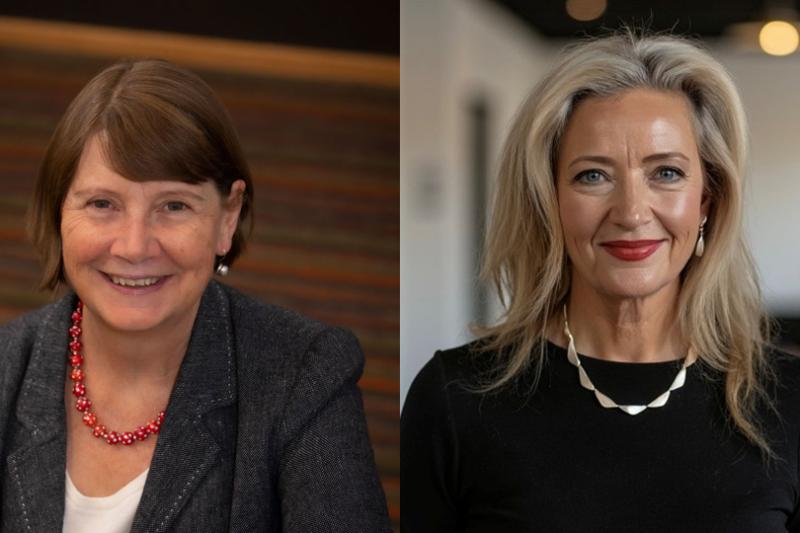Research changes lives when the right people have access to it

New research discoveries happen every week but due to a range of factors, including organisational structures and cultures, not all findings get shared with the right people.
Professor Craike is also Director of Pathways in Place. For over 20 years, Professor Craike has been working to close the 'knowledge to action' gap by helping researchers to understand the importance of communicating the findings of their research through the process of knowledge translation.
The world’s first and newly formed World Health Organization’s Global Research Agenda on Knowledge Translation and Evidence-informed Policymaking aims to do this on a global scale by bringing together multi-sectoral experts who can identify gaps and opportunities in knowledge translation and evidence-informed policymaking.
Professor Craike says:
It is envisaged that developing this research agenda will maximise the benefits of knowledge translation research and, ultimately, improve population health outcomes.
Professor Craike’s research crosses disciplinary and institutional boundaries to address complex issues relating to health, education, and disadvantage. Her work has informed national and international policy, local government strategy, national programs, peak organisation position papers, and international practice guidelines.
As also the Associate Director of Research Engagement and Impact for the Institute for Health and Sport and an internationally recognised researcher in the knowledge translation space, it's no surprise that she was chosen by WHO to be one of their global experts.
“Having a role in shaping global research priorities in knowledge translation is exciting,” Professor Craike said.
I hope that my contribution shapes priority areas that are fit for purpose and successful in moving the field forward.
The growing need for knowledge translation research
The Global Research Agenda on knowledge translation is essential to facilitate a more coordinated approach to this research and raise awareness of its importance.
“The amount of research on knowledge translation has increased in recent decades,” she said.
“However, it takes place across a range of discipline areas and there is a lack of coordination and sharing of learnings, resulting in duplication of research efforts in some areas and gaps in others.”
Knowledge translation strategies include:
- sharing research findings through workshops aimed at practitioners
- developing and disseminating policy briefs
- developing infographics to communicate research findings
- developing new educational materials/sessions
- collaborating with non-academic stakeholders to identity research questions that are relevant for practice and policy.
“All of these strategies help researchers to conduct relevant, actionable research and to get research into the hands of stakeholders who can apply it in their decision-making or practice,” Professor Craike said.
Life-changing research is falling through the cracks
Getting research to where it’s needed most can be challenging. Researchers are often not trained in how to communicate and market their work to practitioners, policymakers or the public and are incentivised to publish in high-ranking peer-reviewed journals that are read only by their peers.
“Researchers must be rewarded for communicating and disseminating their work through a variety of channels, in addition to peer-reviewed publications, for research to have practical application,” Professor Craike said.
Collaboration with non-academic stakeholders can help researchers develop research findings that are relevant and actionable in policy and practice. However, high workloads make it hard to develop relationships.
“Researchers need to have the time and be provided with support to develop skills needed to work with a range of stakeholders,” she said.
Along with organisational structures, the way that research is funded can be a barrier or facilitator to knowledge translation. Funding is often focused on short-term, single-research projects, which again limits the ability for researchers, practitioners, and policymakers to collaborate, communicate and advocate for their findings.
“Full funding of knowledge translation plans is needed so that time and resources can be allocated to knowledge translation activities,” Professor Craike said.
Pathways in Place: Co-Creating Community Capabilities is an innovative program of research and action. The Pathways in Place team works closely with practitioners, policymakers, researchers and communities to build capacity to design and implement place-based systems change approaches that improve the outcomes of people experiencing disadvantage.



